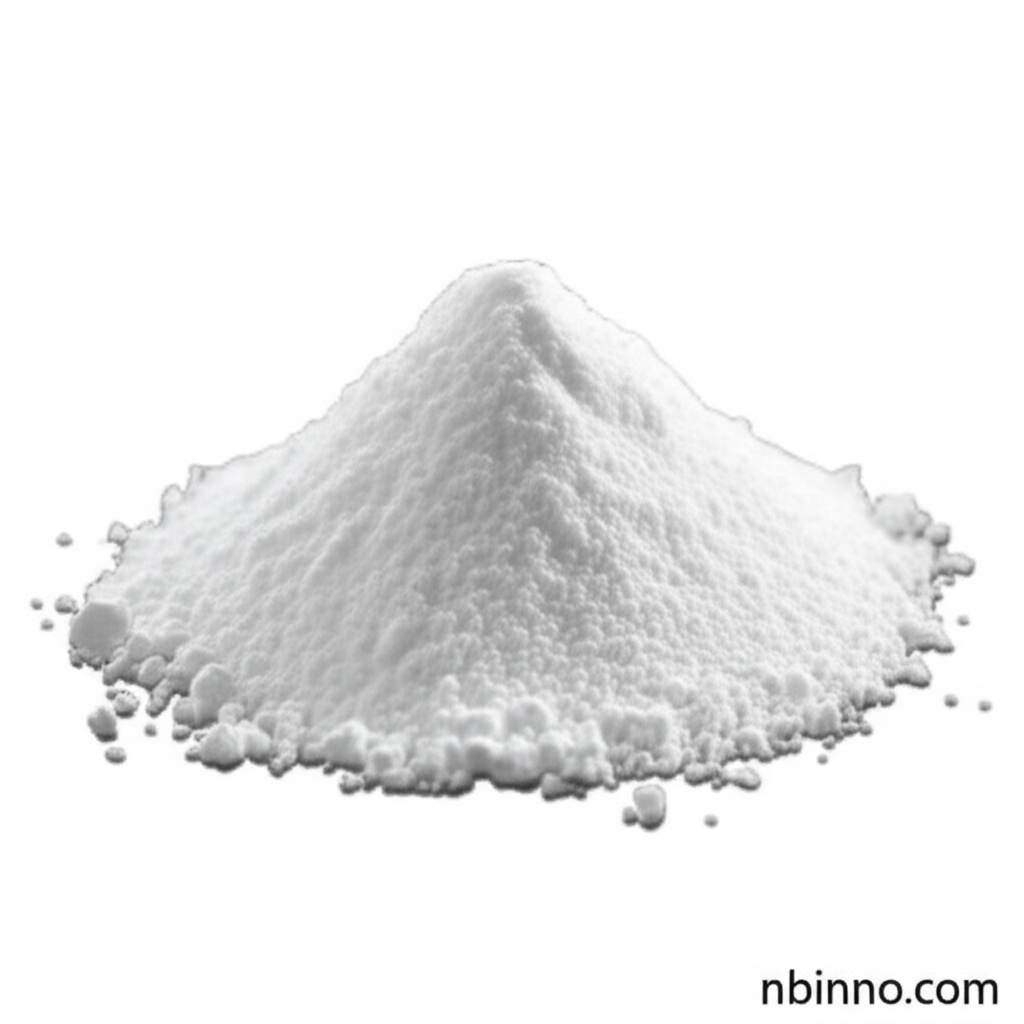Thymine CAS 65-71-4: A Fundamental Nucleobase for DNA Synthesis and Research
Discover the critical role of Thymine (CAS 65-71-4) in DNA and its applications in life science research.
Get a Quote & SampleProduct Core Value

Thymine
Thymine (CAS 65-71-4), also known as 5-Methyluracil, is one of the four primary nucleobases constituting deoxyribonucleic acid (DNA). Its molecular formula is C5H6N2O2, with a molecular weight of 126.11. This essential biochemical compound appears as a white powder and plays a critical role in DNA structure by forming specific base pairs with adenine, thereby stabilizing the DNA double helix.
- Critical for DNA Structure: Thymine is a fundamental component of DNA, essential for carrying genetic information and ensuring the stability of the DNA double helix through its specific pairing with adenine.
- Research Grade Purity: Available with high purity (often >99% via HPLC), Thymine (CAS 65-71-4) is widely used in biochemical research, particularly in studies related to DNA synthesis, repair mechanisms, and molecular biology experiments.
- Versatile Applications: Beyond its role in DNA, Thymine serves as a key building block in various scientific investigations, including the development of new pharmaceutical intermediates and the creation of sensitive biosensors for heavy metal detection.
- Fundamental Biochemical Compound: As a key nucleobase, understanding the properties and applications of Thymine (5-methyluracil) is vital for advancements in genetics, molecular biology, and drug discovery.
Key Advantages
High Purity and Reliability
Ensuring consistent quality, Thymine (CAS 65-71-4) is available with high purity levels, making it a reliable choice for sensitive biochemical research and precise DNA synthesis, crucial for obtaining accurate experimental results.
Essential for Genetic Research
Thymine (5-methyluracil) is indispensable for any research involving DNA structure, replication, or repair, providing a foundational element for understanding genetic processes and developing new therapeutic strategies.
Broad Applicability in Life Sciences
From fundamental molecular biology studies to advanced pharmaceutical development, the versatility of Thymine (CAS 65-71-4) makes it a valuable compound across diverse scientific disciplines.
Key Applications
DNA Synthesis and Analysis
Used as a fundamental building block in synthesizing DNA strands for research, diagnostics, and therapeutic applications, contributing to advancements in molecular biology and genetics.
Biochemical Research
Essential for studying DNA structure, function, repair mechanisms, and interactions with various enzymes and compounds, aiding in the understanding of cellular processes.
Pharmaceutical Intermediate
Serves as a precursor or key component in the synthesis of various pharmaceutical compounds, particularly those targeting nucleic acid metabolism or acting as antiviral agents.
Material Science and Sensor Development
Explored in material science for self-assembly and in developing sensors for detecting heavy metals like mercury, leveraging its specific chemical properties for innovative applications.
